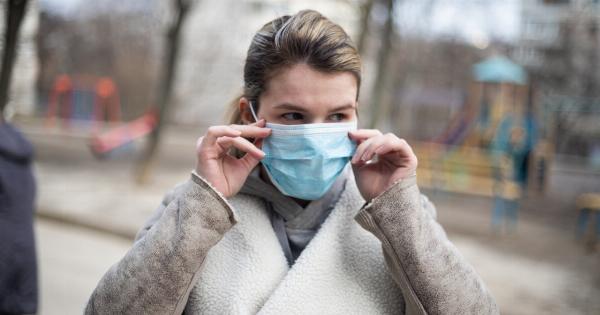The flu season can be tough on everyone, but it’s particularly dangerous for seniors, young children, and those with compromised immune systems.
While there’s no surefire way to prevent the flu, there are certain steps you can take to lower your risk of getting sick.
1. Wash Your Hands Frequently
Washing your hands is one of the most effective ways to prevent the spread of germs. You should wash your hands:.
- Before and after eating
- After using the restroom
- After coming into contact with someone who is sick
- After touching surfaces that may be contaminated with germs (such as doorknobs, keyboards, and shopping carts)
When washing your hands, be sure to use soap and warm water, and scrub your hands for at least 20 seconds. If soap and water aren’t available, use a hand sanitizer that contains at least 60% alcohol.
2. Cover Your Mouth and Nose
When you cough or sneeze, you can spread germs to those around you. To prevent this, cover your mouth and nose with a tissue or the crook of your elbow (not your hands!). Dispose of used tissues in a trash can and wash your hands afterwards.
3. Avoid Touching Your Face
Germs can enter your body through your eyes, nose, and mouth. To reduce your risk of getting sick, avoid touching your face as much as possible. If you do need to touch your face, be sure to wash your hands first.
4. Get a Flu Shot
The flu shot is a vaccine that helps protect you against the flu. While it’s not 100% effective, it can lower your risk of getting sick and make your symptoms less severe if you do get the flu.
The CDC recommends that everyone over 6 months old get a flu shot every year.
5. Stay Home if You’re Sick
If you’re experiencing flu-like symptoms (such as fever, cough, sore throat, runny nose, body aches, and fatigue), stay home from work or school.
This will not only help you recover faster, but it will also prevent you from spreading germs to others.
If you’re not feeling well, be sure to get plenty of rest, drink plenty of fluids, and take over-the-counter medications (such as acetaminophen or ibuprofen) to relieve your symptoms.
If your symptoms are severe or if you’re at high risk for complications (such as seniors, young children, and those with compromised immune systems), be sure to contact your healthcare provider.





























